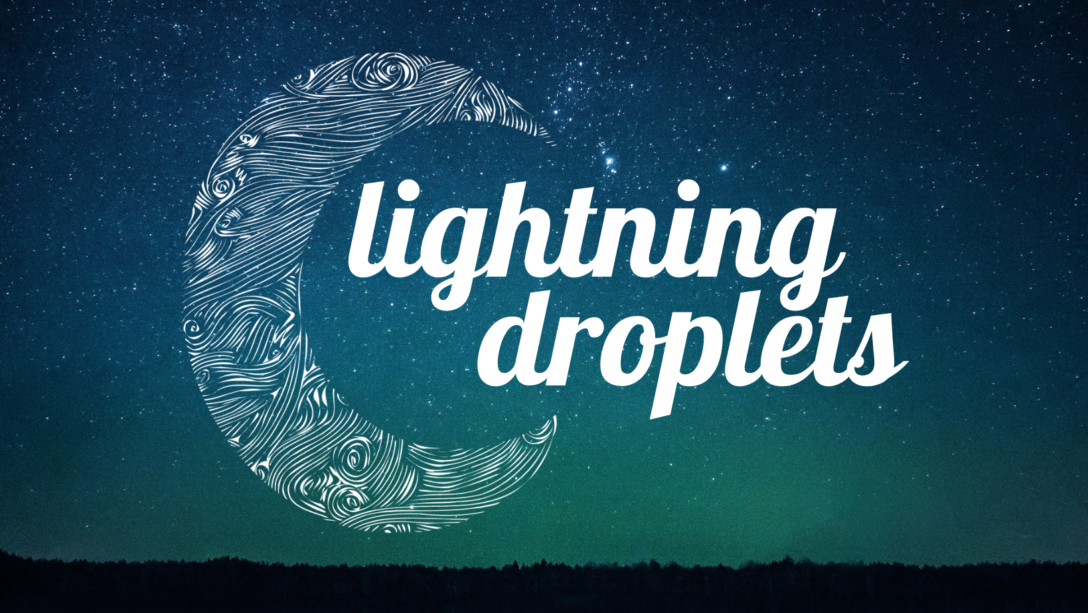
Should writers date writers?
I have heard the advice that writers shouldn’t date writers. This is not advice I followed. In fact, I married one.
My SO is also a writer. He’s already got a few books out in the wild. You might think this helps us understand each other, and in some ways it does. But in other ways, we are very, very different and often inscrutable to each other. Writers are notorious for being introverted and persnickety. We are no exception. How do you make it work when both people in the relationship are writers?
SO and I are very different writers. For one thing, he has never done NaNoWriMo. But this year was different. I talked him into participating in NaNo! Sort of…

How to Do NaNoWriMo with Your SO
I love tracking my word counts and setting goals and in some ways can be very methodical about my spreadsheets. I track what times of day I write best, schedule when I will take breaks, and give myself daily quotas in terms of what I want to achieve in my writing that day.
This is not how my SO writes. He doesn’t count or track or anything like that. So for him, “doing NaNo together” just meant that he started a new novel at the beginning of November and has been making extra effort to find the time to work on it this month. It’s actually been quite successful.
I write almost exclusively on the computer. My sentences never come out in the order I want them, and the ability to copy paste and move things around as I am writing is important to me. SO writes ON PAPER! On paper! Like it is 1952! With a fountain pen, no less! When I try to write on paper, it’s a hot mess that not even I can decipher.
When SO writes on paper, he writes IN ORDER! Like, the writing comes to him in chronological order. This seems like magic to me. My writing comes in fits, small snippets of scenes or lines or images that I don’t even know where they go in the book, but I do know they are not in order. I mean, this man sits down and begins by writing the beginning, and then he writes what’s next and then what comes after that. And, he does all this on paper with a pen and does not erase or scratch out anything. Like, what kind of sorcery is this, sir?!
He’s also a solo writer. His writing is very much a solitary activity, and in general he is not as much of a joiner as I am. I often tease him about being the man alone at the isolated cabin writing by candlelight, which was the case when I met him. He would write me messages (sometimes send me letters ON PAPER, I mean, not to beat the dead horse, but whaaat?) about feeding the woodstove between scenes and writing without electricity and this is just mind-boggling to me.
I find it very motivating to write with people. I love the community of NaNoWriMo. I force my friends to write with me to hold me accountable. I do writing sprints with sprinting groups and generally that outside accountability is big motivation to me.
So, when SO says he’s doing NaNo this year, for him that doesn’t mean joining the Alaska NaNo Discord and tracking his word counts on the NaNo site. Instead, it just means sitting down with his fountain pen and his paper as much as he can in November.

How to Date a Writer
But even with all these differences we make it work.
Writing is like a third person in our relationship, our polyamorous unicorn whom we both adore, but who we each make out with in very different ways. The mutual love of writing brings us together, and helps us understand each other.
The key to not letting it get in the way is just that we each know that the other cannot survive without writing. We try to make sure the other gets their words in in the same way that we make sure the other eats and sleeps.
So, all month we have been sitting down across the table from each other. I set up my candle and my plants all over the place and he tries to scooch them onto my half of the table without me noticing and we each get words out in our very different ways. I make my spreadsheets and count my words and write through my nonchronological poetic fog and he fills his fountain pen and writes the scene that comes next in a composition book.
And it’s made us closer.
Do you all have people in your life who just get it? Are there people out there who understand your need for making art?
Here are the days’ stats for the last few days:
Progress:
Day 22 Word Count: 0
Day 23 Word Count: 0
Day 24 Word Count: 0
Day 25 Word Count: 0
Total Word Count: 28010
Where I Planned to Be: 40000
1667 words per day: 41675
I had planned on taking the 24th and 25th off because of Thanksgiving, but this week went sideways. Hoping I am going to be able to catch up some this weekend!


 As the final rays of the day tuck themselves in behind clouds and hills, I reach the well. The very sight of the clearing tugs at something inside me. I finger the stones, making them melt and turn to sand, as if they were an old lover who’d been waiting for my touch.
As the final rays of the day tuck themselves in behind clouds and hills, I reach the well. The very sight of the clearing tugs at something inside me. I finger the stones, making them melt and turn to sand, as if they were an old lover who’d been waiting for my touch.